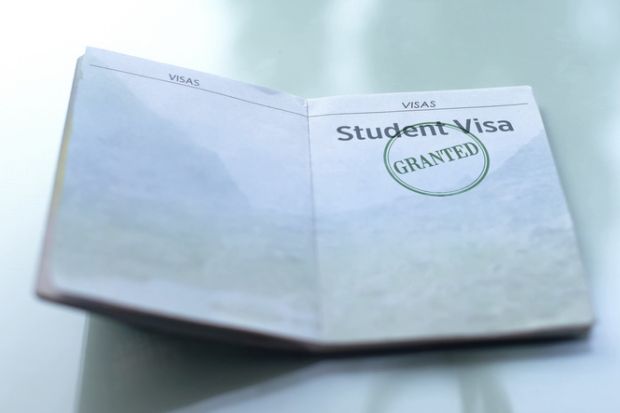
Studying abroad is one of the biggest things you can do as a student. But even though it can be a hugely positive experience, surviving your first year abroad isn’t the easiest thing to do. There may be language barriers, money issues, and differences in teaching styles that might make it harder to settle in. To help you through this difficult period, I have prepared a list of nine tips for surviving your year abroad.
1. Don’t miss a chance to make new friends
Try not to skip the orientation week/fresher’s week as this is the best time to meet other new students and build friendships. Introduce yourself to as many people as possible, join a few clubs and find the international student network to speak to other students in the same boat as you. You will soon find that you have a good network of friends that you can study and socialise with.
2. Learn how to do things independently
Maybe you are used to having everything done for you. Can you do laundry? Can you cook? What about doing the dishes? If you don’t do these things yourself, you had better start learning how to do them today, otherwise you will have a very rough time abroad.
3. Be responsible
While it is important to make the most of all of the opportunities that come your way while studying abroad, it’s also important to behave responsibly. Try not to get into any situations that might get you in trouble or in harms way.
Five tips to make the most of your university experience
Eight tips on how to choose where to study abroad
What is it like returning from a year studying abroad?
Further your career prospects by studying abroad
4. Study hard
Studying is a really important part of university. Try to go to the library and form study groups with coursemates – this is a good way to bond with your coursemates and can help you to learn topics that you are finding particularly difficult.
While it is important to join societies and clubs, make sure that you don’t let studying fall by the wayside.
5. Stay in shape
Quite often if you are studying abroad, you will be advised to have a health test beforehand to prove that you are in good health.
Make sure that while you are abroad you take steps to look after your health, such as eating well, exercising regularly, sleeping well and drinking lots of water.
6. Learn the language
If you are moving to a country where you don’t speak the first language, then it might be a nice idea to make an effort to learn the local language. It will help you to interact with domestic students and make listening to lectures and seminars easier. Additionally, an extra language will be impressive to future employers.
7. Be a good tipper
Learn what locals are likely to tip and what they tip for, and try to do the same. It is always good to observe the local rules for this, to make sure that you are appropriately tipping for the service you receive.
8. Do not give in to peer pressure
When it comes to doing something that you don’t feel comfortable with, stick to you instincts. You want to remember that your time studying abroad was enjoyable, not that you did lots of things that you didn’t want to do.
9. Avoid overspending
Education abroad is expensive and sometimes your student loan will not be enough. The last thing you want, therefore, is an unnecessary expenditure. Take the time to draw up a budget and to think about where you want to spend your money.
Read more: The best ways to prepare for studying abroad





















Have your say